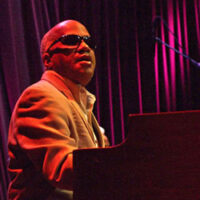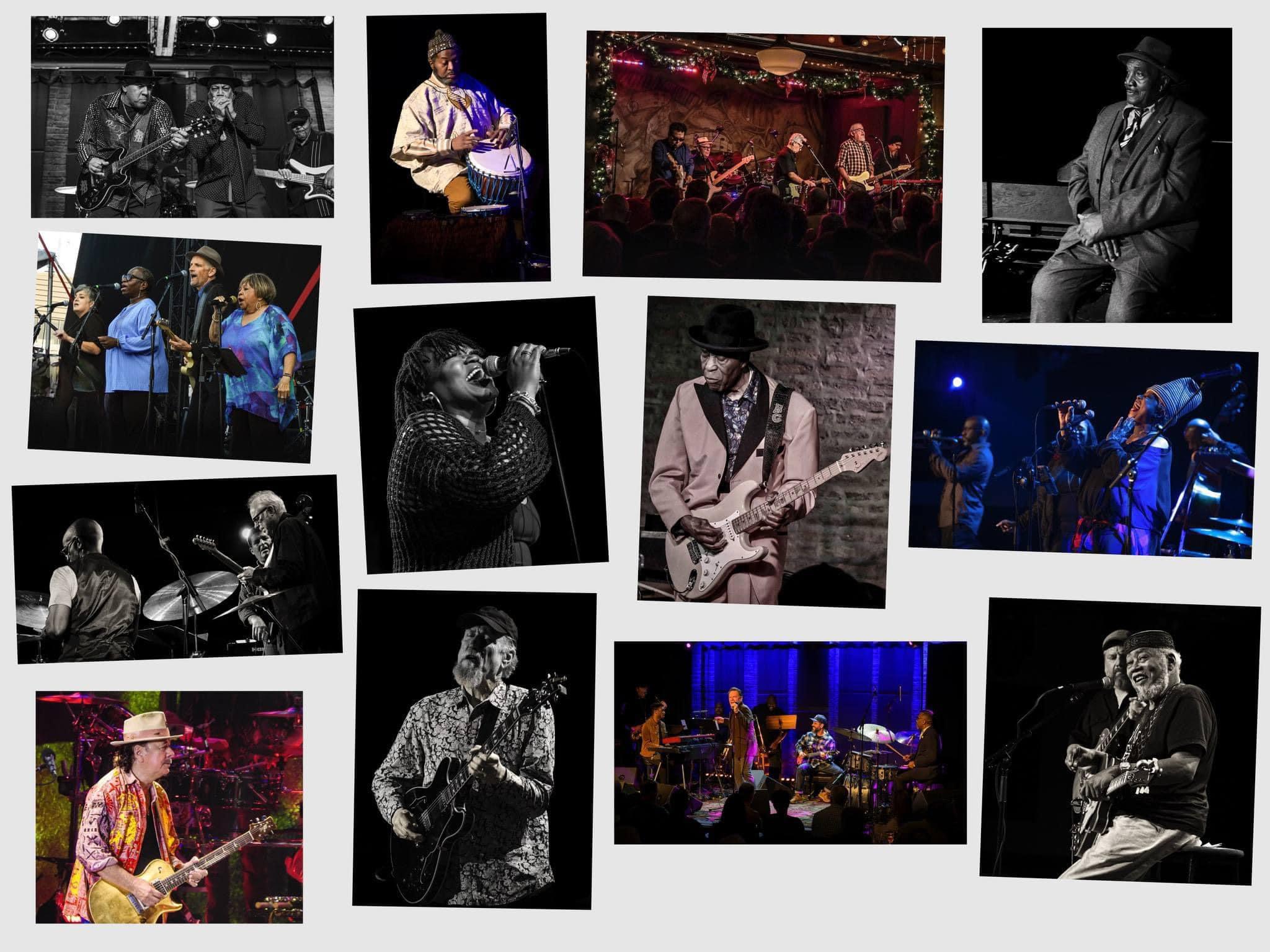Featuring Billy Boy Arnold, John Primer, Lil’ Ed, Bob Margolin, Matthew Skoller and a whole constellation of Chicago’s best!

Growing up up in Philadelphia, Johnny Iguana really zeroed in on Junior Wells and Otis Spann after becoming obsessed with Chicago blues at age 15. In his later teens, armed with a fake ID and a sport coat, he played countless all- night blues gigs at Philly bars— largely songs plucked off Junior’s records. A few years later, Johnny met Junior at a NY show and was thrilled when Junior hired him after live auditions in Boston and Rhode Island. Johnny packed his bags and spent three years touring and recording with Junior. Decades later, Johnny still calls Chicago home and has emerged as one of the premier blues piano players in the United States.
Since his days with Junior, he has toured or recorded with a who’s who of Chicago blues greats: Otis Rush, Buddy Guy, Billy Boy Arnold, James Cotton, Lil’ Ed, Carey Bell, Eddy Clearwater, John Primer, Lurrie Bell, Billy Branch and more. He has learned from the best, a lifelong immersion and dedication.
This is Johnny’s first blues album as a leader, and it’s not your typical blues album. That’s because, as you’ll hear, Johnny is not your typical blues piano player. At a time when bold originality is less welcomed in blues than it is in other music, Johnny stands out as an artist who has reached the apex of his craft but who has not allowed a strict definition of blues to limit his expression. A feat of this album and of Johnny’s artistry is how his original compositions flow naturally and organically out of the classic Chicago blues piano repertoire. His chordal creativity is as much on display as his blues- language fluency. It all makes sense and fully delights, as vintage blues and boogie morph into something new, intoxicating, witty, wild—yet still anchored in the blues.
This is a blues album from top to bottom. It is traditional. It is contemporary and audacious. It is the story of Johnny Iguana, a one-of-a-kind piano man exalting his Chicago blues heroes while making his own mark. In the bigger picture, it’s compelling evidence that blues today is vital, and still evolving. (full notes by Larry Skoller included)























